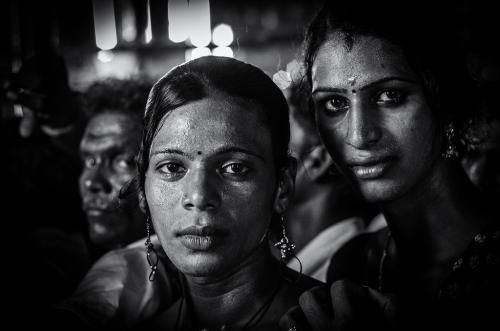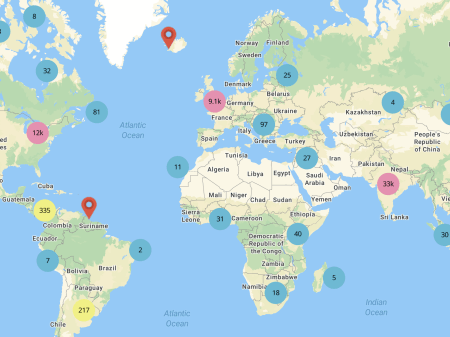
By Anam Mittra
The roots of co-operatives in India can be traced back to the end of the 19th century, when farmers decided to ‘pool in their meagre resources for solving common problems related to credit, supplies of inputs and marketing of agricultural produce.' Since then, India has seen a flourishing of co-operative societies in various sectors, which have formed part of government policies to tackle poverty. .
Additionally, it is now an established fact that millions of women who are part of co-operatives now lead more dignified lives. They have a say in individual and household decision-making, they are financially independent and are also active catalysts in the growth and prosperity of their own families. Co-operatives are not silver bullets when it comes to women’s empowerment, but they are a step in the right direction.
However, for a long time as we celebrated the power of co-operatives to transform lives, we have overlooked the most obvious question, ‘Are co-operatives only helping gender binaries?’ The answer, unfortunately, is ‘yes’. Men and women from the success stories of co-operatives, but what about those who fall out of this gender division? The transgender population in India, according to the 2011 Census, is approximately 4.9 lakhs. It is well-known that trans people face prejudice, discrimination and violence, and therefore their actual presence in our population is understated. Their access to education is replete with barriers and ultimately most of them have to resort to begging, dancing at weddings, and sex work to earn their livelihood.
Fortunately, this is slowly changing. The government of Kerala (India) during the 8th Kerala Co-operative Congress, announced that it will be setting up co-operative societies for trans people. State Minister for Tourism and Co-operation Kadakampally Surendran said “financial assistance, including grants, would be given through these societies, which would help transgenders become self-sufficient.” This historic decision is in continuance of the Transgender Policy set up by the Kerala Government (incidentally the first in India), to end social stigma and facilitate a life of dignity for them.
Incidentally, aren’t these the founding principles of any co-operative? A common socio-economic goal achieved by the help of peers through mutual trust and effort. Co-operatives that are run by transgender people have the potential to lift them from poverty, make them financially independent and radically transform their life choices. Currently there are independent initiatives across the country that seek to impart skills to the transgender community in order for them to find jobs. This includes training them in computer literacy, communicating in English as well as beautician and other job courses. The reach of these initiatives is limited and therefore they impact only a small number of people. Demonetisation had crippled the livelihood avenues for this community. The crash crunch, coupled with harassment in long queues at banks and ATMs, had forced many back into the circle of poverty they had struggled out of. Through co-operatives, transgender people will be able to withstand the vagaries of the economy and safeguard their incomes, not to mention lead the lives they aspired to.
Photo: Representational image of the transgender population. Photograph credit: Creative Commons




